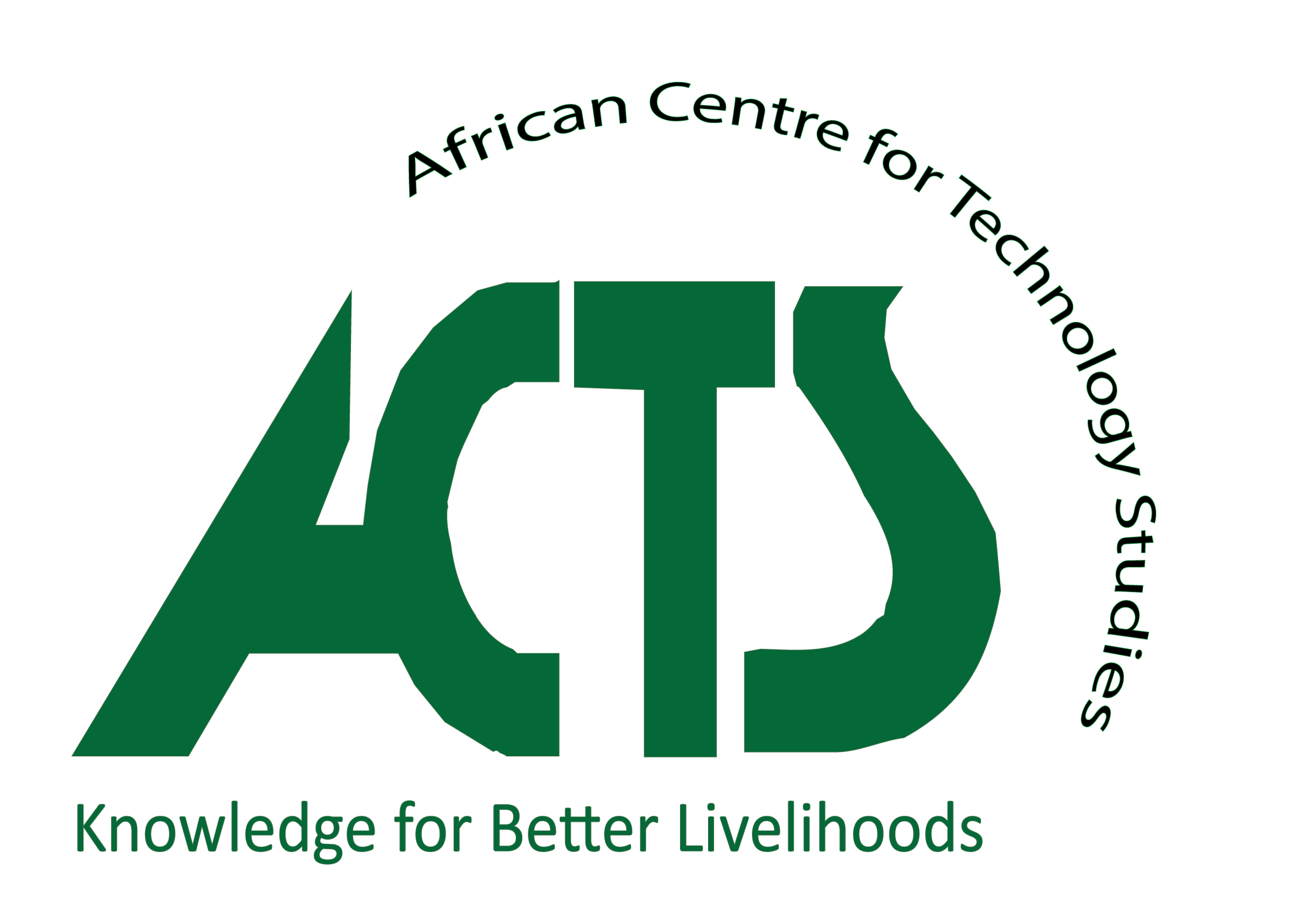By Victoria Chengo & Fiona Imbali, ACTS
A two week long research capacity building training on the preparation of proposals for the Green Climate Fund (GCF) kicked off at the Elementaita Country Lodge in Naivasha, Kenya.
The event organised by the Africa Sustainability Hub (ASH) at the African Centre for Technology Studies (ACTS) in collaboration with the University of Sussex in the UK brings together research and policy makers from Ethiopia, Kenya, Uganda and Tanzania for two weeks.

Research and Policy makers from Kenya; Ethiopia; Uganda; Tanzania during the CRIBs workshop in Elementaita Country Lodge.
The discussions during the training shall centre on the current international policy on climate change and clean energy; assessing energy markets and sustainable development impacts; identifying and assessing options for implementation as well as funding options for clean energy access and promoting energy efficiency.
A policy mechanism acronymed CRIBs, the Climate Relevant Innovation-system Builders, developed by a team of researchers from the University of Sussex and ACTS seeks to have engagements on setting up systems for the policy makers to leverage on, on climate-relevant innovation ideas and platforms to apply for the GCF in their countries. CRIBs looks at innovative ideas and novelty nuances in the climate change sphere and seeks to engage the relevant strategies for the East African countries for ease of funding for their climate change innovations.

Dr. Joanes Atela during his presentation on CRIBs.
Dr. Joanes Atela, the head of the Climate Resilient Economies programme at ACTS and ASH coordinator notes that the key role that ASH (www.ash-net.org) plays in enhancing Africa’s sustainability engagements that are well thought-out which could be utilised by policy makers discussions on Africa’s positive development trajectory. The ASH platform a North-South collaboration provides a commendable idea for robust engagements and partnerships development which ideally seeks to turn research into use for policy makers in Africa. “Africa’s economic trajectory is still wanting despite the abundance of resources. Does Africa still need development aid or economic redistribution to address poverty eradication? What are the priority areas for this aid? In the Millennium Development Goals (MDG) campaign, Africa performed poorly compared to the rest of the other continents and attaining a paltry 28% success compared to over 50% achieved by the rest. We need to centre our discussions on the institutions that work through political transformation linked to research; technology and innovation,” he noted.
There’s need for researchers and policy makers to strengthen their capabilities to form ideal partnerships for informed engagements in order to succeed in the post-2015 SDGs campaign. Dr. Joanes further noted that CRIBs platform is an innovative and alternative pathway for African researchers and policy makers to effectively engage in the GCF processes and have their voices heard across the UNFCC platforms.
How does CRIBs work?
CRIBs is a collaborative tool developed by researchers at the University of Sussex in collaboration with ACTS to support capacity building and innovation for sustainable development engagements in the Climate Change engagements. CRIBs mechanism of operation seeks to have robust, thought-provoking discussions on mitigation and adaptation on climate change for Africa’s benefit. CRIBs further seeks to strengthen capabilities of institutions’ research think talks and various other stakeholders to apply the right in-house capacity building tools and tweak their ideas to shift from consultancy-based capabilities to programmatic based capabilities. The first series of CRIBs was developed in 2016 and has subsequently been focused on understanding the tool while CRIBs 2 was looking at options for accessing international finances. The third CRIBs is therefore aimed at strengthening African stakeholders/institutions to access GCF & adaptation funds through developing high quality proposals that seek to address climate change in their respective countries in Africa. Nevertheless, CRIBS is still in its experimental phase as it seeks to enhance innovative research ideas through innovative eco-systems in East Africa as it seeks to have a well thought-out systems approach to help in the conversion of ideas to fundable proposals. The plan is to establish a CRIB in each of the countries currently being engaged.
East Africa’s GCF Landscape
A huge gap in the African countries when developing proposals to the GCF is the lack of local expertise who aptly understand the GCF mechanisms of operation. This has consequently constrained the accreditation processes. Only 3 countries in Africa have GCF accredited entities and there’s need for National Designated Authorities (NDAs) to sensitize their various institutions on these processes to accelerate climate funding. Budgets in most African countries are often constrained to adequately finance climate change and sustainability projects. The Environment sector in most of the countries in this region are the least funded (Kenya and Uganda examples.) In Kenya, the National Treasury & National Environment Management Authority (NEMA) are the NDAs for the disbursement of GCF funds. Different entities in Uganda, Tanzania, and Ethiopia are in the process of getting accreditation on the same.
At the end of the two weeks training, the policy makers are expected to have developed four proposals; one country proposal for each of the 4 countries and one regional proposal ready for submission to the GCF board.


